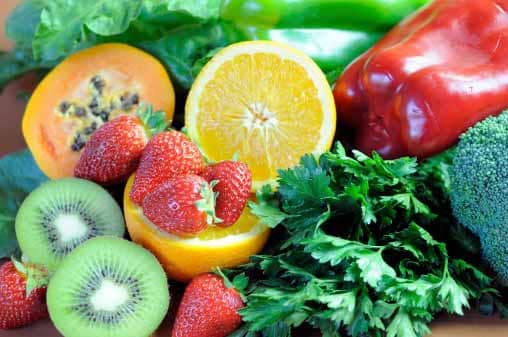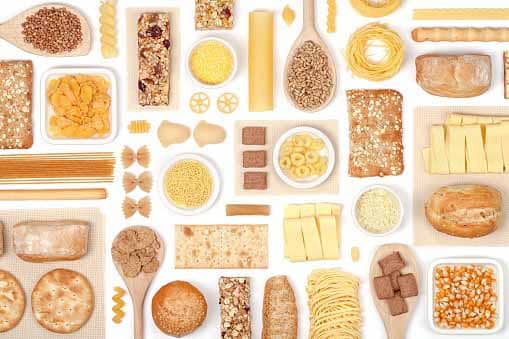Popular Diets And Nutrition Myths Busted!
You may have scoured various books and magazines looking for diet plans. Or, maybe your family or friends have given you a diet advice that sounded too good to be true. You also must have possibly come across health and fitness enthusiasts who follow some stringent nutritious meal plans that look good on the surface but still make you apprehensive about following the suit. In the age of the Internet, where information is readily accessible, it is easy to get overwhelmed by the information overload on diet and nutrition. However, the real challenge is to check whether the information is true or false.
Here are some of the most popular myths that may leave you wondering: Is it a Truth or a Myth?
MYTH: Cooking vegetables minimizes their nutritional value

TRUTH: Vegetables like spinach, cabbages, carrots, mushrooms, tomatoes, etc, contain antioxidants like Lycopene and Beta-Carotene, which are released while cooking. One study discovered that people who consumed cooked tomato paste had twice the level of Lycopene in their blood as opposed to its raw form. Similarly, spinach when cooked, release more iron and calcium into the body than eaten raw. So cooking actually increases the nutritional value of some foods, if not all of them. Now that you know the fact, do not get blindly influenced when your friends preach you about the benefits of their raw food diet.
MYTH: Vitamin C keeps the cold away

TRUTH: The latest research reflects that higher doses of Vitamin C may indeed provide protection against cold to people living in sub-arctic conditions. However, most of us live in less extreme/ tropical condition and would benefit more from following the basic hygiene of washing hands regularly and maintaining distance from infected individuals to keep the cold away. So, Vitamin C supplements may not be the only solution to all our cold problems!
MYTH: Low-fat or fat-free foods are always healthy

TRUTH: High fructose corn syrup, processed sugar, and vegetable oils, along with preservatives are just some of the ingredients that go into making your favorite so-called ‘fat-free’ foods. These synthetic products have a negative impact on your body compared to the 'natural fat' present in the food. Basically, that low-fat peanut butter that you have been reaching out to satisfy your midnight snack craving packs twice as much sodium than your regular peanut butter. So stay alert and stick to natural food products when you have the option!
MYTH: Carbohydrates are bad for you

TRUTH: Carbohydrates, also known as ‘carbs’, are macronutrients, which act as a fuel for the body. There are two types of carbs, i.e. simple and complex. Simple carbs contain fewer nutrients and are therefore found mostly in processed food like chips, cookies, sodas, etc. On the other hand, complex carbs are found in grains, legumes, starchy vegetables and even fruits. These complex carbs take time to digest and this helps us feel full for a longer duration while preventing a spike in one’s blood sugar levels. In short, not all carbs are bad and complex carbs are the preferred choice. So, eat right!
MYTH: Chocolates are good for your heart

TRUTH: Polyphenols are one of the primary ingredients in chocolate. These micronutrients have been known to reduce BP. However, chocolates also contain saturated fats and sugar which contribute to weight gain and cardiovascular diseases. While dark chocolates are considered a healthier option, a lot goes into manufacturing it, from cleaning and fermentation to inclusion of ingredients like emulsifiers and sugars. This complex manufacturing process altogether eradicates polyphenols from certain dark chocolates, thereby rendering it an unhealthy option. So, that’s a food for thought!
These pointers should help you dispel myths surrounding diet and nutrition. The above list of cherry-picked factoids functions as a useful knowledge that should help prevent your friends, family, and acquaintances from indulging in unhealthy foods choices.
For any query related to diet and nutrition, you can consult an Internal Medicine Expert at www.healthcaremagic.com.
Ask a Specialist
Recent Questions


